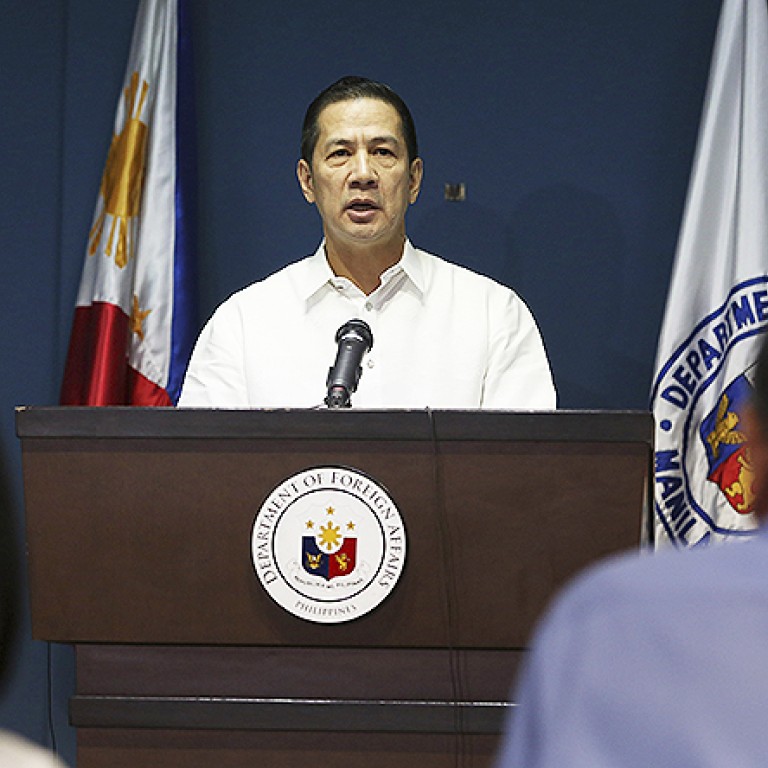
Doubts cast over Manila's case in South China Sea dispute
Robert Karniol examines claim that UN tribunal lacks jurisdiction
As China and the Philippines get set to square off in The Hague next month over competing maritime jurisdictional claims, an independent legal expert has cast doubt over Manila's case.
The dispute centres on China's territorial demand encompassing most of the South China Sea/West Philippine Sea, with the Philippines holding that a sizeable chunk of that claim infringes on its own jurisdiction.
Beijing has so far held the advantage, using its political clout to obstruct any outside involvement and vastly superior security forces to inch forward its position through the use of aggressive tactics.
Manila responded in January 2013 by lodging a case before the Permanent Court of Arbitration, an intergovernmental organisation established in 1899 to resolve disputes between states. The arbitrator's involvement is derived from the UN Convention on the Law of the Sea, to which both China and the Philippines adhere, though China is snubbing the process under an opt-out clause. This strategy, which others have employed, neither blocks the proceedings nor prejudices the outcome.
Manila was directed by the court of arbitration to "fully address all issues" in its submission, due by March 30 - including "matters relating to the jurisdiction of the arbitral tribunal, the admissibility of the Philippines' claim as well as the merits of the dispute".
Central to Manila's petition is that it seeks no explicit ruling on sovereignty claims, which the court of arbitration is not empowered to resolve under the UN convention. Rather, it wants to clarify several core treaty concepts that would undercut China's ambition. However, a prominent legal scholar with no direct involvement has argued in a recent paper that the court of arbitration lacks the jurisdiction to hear the case. Dr Stefan Talmon, co-director of the Institute for Public International Law at the University of Bonn, argues that "none of the 13 points [put to the arbitrator by the Philippines] either gives rise to a dispute concerning the interpretation or application of the convention or can be addressed without considering matters which are or have been validly removed from the jurisdiction of the tribunal".
Dr Talmon notes that Manila wants the tribunal to affirm that both China and the Philippines have certain rights under the UN convention in regard to maritime areas.
But Beijing has never disagreed with such "general and abstract declarations", while the exclusive application of the convention to defining such rights has not been established.
Beyond that, Manila's request for a determination that certain disputed maritime areas "form part of the continental shelf of the Philippines" would prejudice the rights of Vietnam and Taiwan. Consequently, Dr Talmon says, the tribunal cannot render an absolute decision.
Whether Beijing can rightfully exclude Philippine fishing vessels from waters adjacent to certain contentious areas or whether it can build "artificial islands" atop reefs will depend on how exclusive economic zones are delineated, he points out. This decision is beyond the tribunal's mandate, as it requires agreement on sovereignty over disputed land features.
"This would not be the first time that an arbitral tribunal established under Annex VII to [the UN Convention on the Law of the Sea] has decided that it is without jurisdiction to rule on the merits of the dispute. The tribunal established to hear the case brought by the Philippines against China would be well advised to do the same," Dr Talmon concludes.
A high-powered legal team assembled by the Philippines is doubtless in the final stage of preparing arcane points to argue otherwise.
